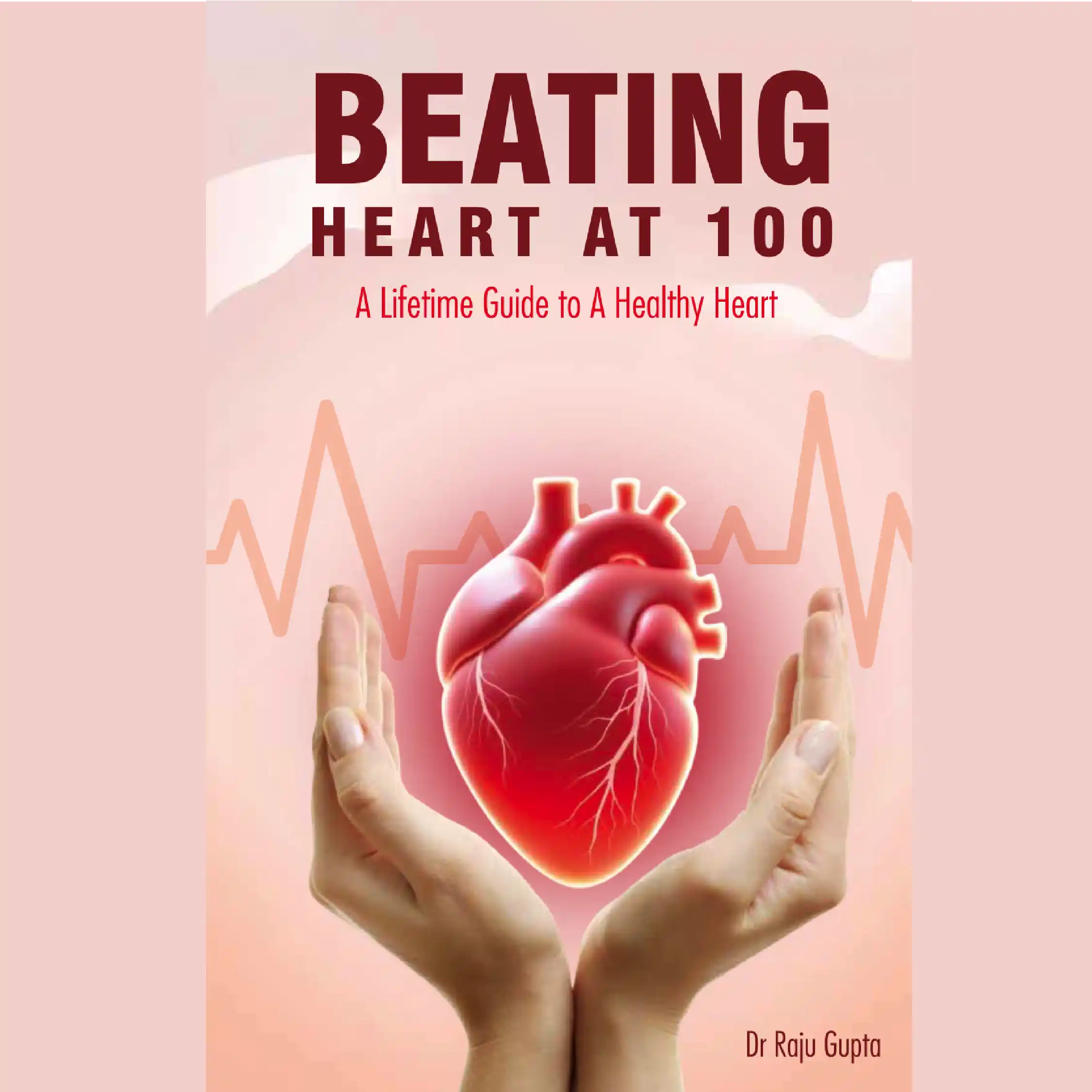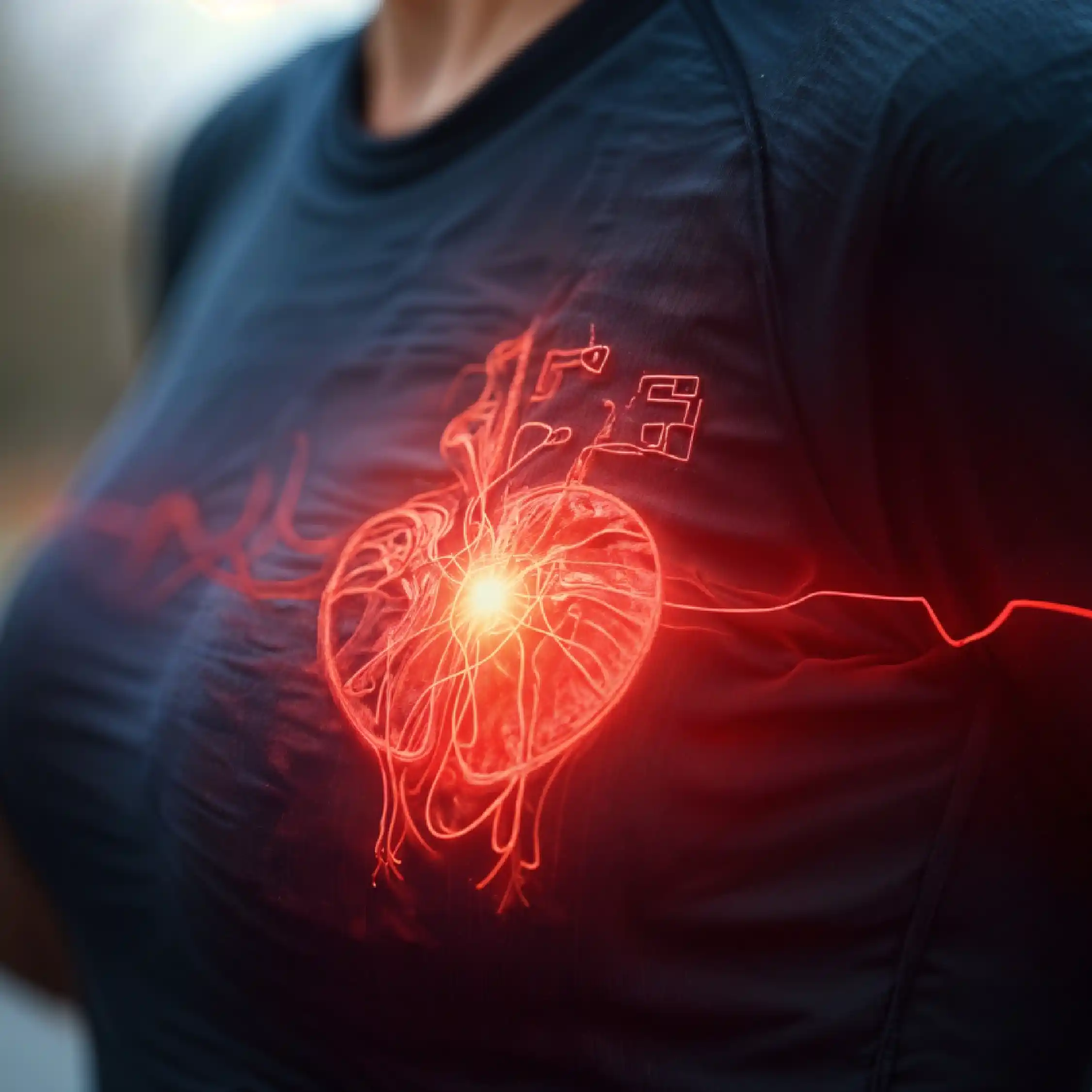The 3-Generation Chain: How It Works
Let’s simplify this complicated story. When a pregnant woman has high blood sugar (gestational or Type 2 diabetes), it affects not only her baby but also the baby’s future children. Here’s why: Inside that developing baby girl are immature egg cells — the very ones that might one day form the next generation. That means a grandmother’s metabolic environment can alter her daughter’s egg health, which in turn influences her grandchild’s risk of heart disease, diabetes, and obesity. It’s not superstition. It’s epigenetics — the science of how lifestyle and environment modify gene expression without changing the genes themselves. A 2019 study in Nature Communications confirmed this “three-generation effect”: “Maternal metabolic conditions during pregnancy can epigenetically influence not only the offspring’s but also the grand-offspring’s cardiometabolic health.” In other words, your health choices today might be programming the DNA of a grandchild you haven’t even imagined yet.The Science Behind the Story
During pregnancy, the baby’s developing organs — especially the heart, pancreas, and blood vessels — are incredibly sensitive to the mother’s glucose and hormone levels. If exposed to excess sugar, the baby’s metabolism learns a dangerous pattern: store more fat, release more insulin, and become more resistant to it. That metabolic pattern can be passed on through epigenetic tags — tiny chemical markers that act like notes stuck onto DNA, telling certain genes when to turn on or off. And these markers can survive through generations. So, if a grandmother had uncontrolled diabetes or poor nutrition during pregnancy, her grandchild’s DNA might already carry predispositions toward insulin resistance, inflammation, and heart risk. It’s like inheritance — but not of wealth, of warning.The Indian Reality: Sweet Traditions, Sour Outcomes
Now let’s add some cultural flavor. In India, sugar isn’t just food — it’s emotion. We sweeten every occasion — from birth to farewell. Grandmothers often say with pride, “We ate everything and lived fine!” And they’re partly right — their lives involved more physical activity, fewer processed foods, and less sitting. But modern life flipped that balance. Today’s families have inherited not only genes but also sedentary habits, fast food, and stress. And that combination is far more toxic than any single sweet. According to a 2023 ICMR-PHFI report, over 70% of urban Indian adults carry at least one risk factor for metabolic syndrome — high sugar, high blood pressure, or belly fat. That’s not just personal. That’s generational data.A Touch of Humor (Because This Gets Heavy)
If our grandmothers knew what epigenetics was, they’d probably laugh and say, “So now you’re blaming me for your belly fat?” But here’s the funny part — they’re not wrong. Science actually says, “Yes, maybe a little.” Don’t worry, Grandma. We still love your laddoos — we’ll just eat one instead of three. The real message isn’t about guilt. It’s about gratitude — for knowing better now.The Deep Truth: We’re All Time Travelers in Health
Here’s a beautiful, mind-bending way to see it: When a woman is pregnant, three generations coexist in her body —- her,
- her baby,
- and the future grandchildren forming inside her baby’s developing eggs.



